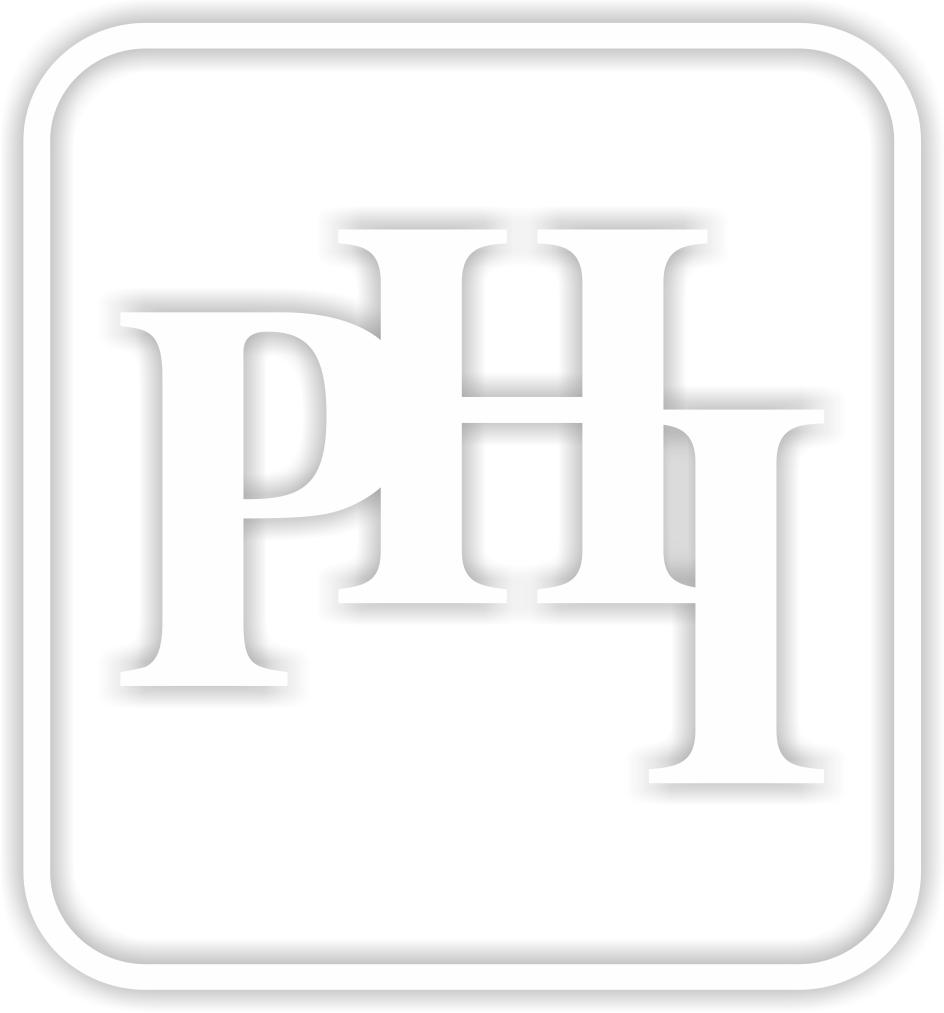Are you new to the timelessly relevant world of literary theory? If so, you might be making the newbie mistake of confusing literary theory with criticism!
Literary theory provides frameworks for analysis, while criticism applies these frameworks to texts, often generating new theoretical insights. If you use the terms interchangeably, you’re missing out on an insightful literary journey…
Don’t worry though; this blog has got your back! Read on to learn more about the critical differences between the two terms.
Literary Theory vs. Literary Criticism
Literary theory and literary criticism are closely related disciplines, often intertwined in practice but fundamentally different in scope and approach. Theory offers a roadmap to uncover ideologies and societal norms embedded in texts, while criticism uses these insights to analyze and evaluate individual works. They serve distinct purposes and operate at different levels of abstraction.
What is Literary Criticism?
In the simplest of words, literary criticism is the study, analysis, evaluation, and interpretation of literature. It focuses on assessing the aesthetic value, historical, cultural, or social significance, use of language, and insights offered by a particular work of literature.
Various analytical tools are applied to examine literary texts, often resulting in judgments about the work’s worth and impact.
Tracing its origins back to Plato’s philosophical musings in The Republic, literary criticism has a rich history. It continues to evolve as critics explore new methodologies and approaches.
Typically, literary criticism is presented in essays or books and can encompass a wide range of activities, including:
- Analyzing the structure and style of a work.
- Evaluating its meaning and thematic elements.
- Comparing it to other literary works or genres.
- Assessing its likely effect on readers.
For example, a critic examining Joseph Conrad’s Heart of Darkness might analyze its narrative structure, explore its themes of colonialism, and evaluate its historical impact.
What is Literary Theory?
Literary theory helps build the analytical structure used to map out and interpret literary works. It mainly deals with abstract concepts that hypothesize deeper meanings within literature, drawing from disciplines such as philosophy, linguistics, and social sciences. The aim is to use the literary art form to gain insight into the world we live in.
For instance, feminist theory examines how literary texts represent and critique gender dynamics, while postcolonial theory investigates themes of imperialism and marginalization. These theories help readers discover inspiring perspectives—they are a lens through which we can view the world.
Literary theory is often abstract and foundational. For example:
- Structuralism identifies patterns and underlying structures in literature, such as recurring themes, character archetypes, and plot devices.
- Post-structuralism challenges fixed meanings in texts, emphasizing ambiguity and multiple interpretations.
Key Differences Between Literary Theory and Literary Criticism
| Aspect | Literary Criticism | Literary Theory |
| Definition | The study, analysis, and interpretation of literature. | A set of principles or frameworks for interpreting literature. |
| Focus | Practical application to evaluate specific texts. | Abstract concepts about literature and its role in culture. |
| Nature | Action-oriented and text-specific. | Conceptual and rule-defining. |
| Examples | Analyzing a novel’s themes and structure. | Developing theories like feminism or formalism. |
An Imperative Interplay
Literary criticism often appears in books, journals, and essays, while theory has a broader scope, dealing with universal questions about literature’s purpose and methods of interpretation.
A literary critic might use feminist theory to examine how Pride and Prejudice portrays women’s agency within societal constraints.
A structuralist approach could reveal recurring patterns in fairy tales, such as the archetype of the “hero’s journey.”
The Beautiful Paradox
One of the fascinating aspects of this field is its cyclical nature: literary theory informs criticism, yet theory itself often arises from critical practice. For example, feminist theory was shaped by decades of critical work analyzing gender roles in literature.
By keeping in mind the distinctions and interconnections between the two disciplines, scholars can approach literature with greater depth, sensitivity, and insight. This is, after all, the beauty of literature—it is a bottomless abyss of wisdom!
Don’t Forget To Check Out Our Book!
Interested in learning more about Literary Theory? Look no further than PHI Learning as we proudly present “74 Topics in Literary Theory: The Ultimate Guide”, a concise but informative textbook designed to meet the needs of today’s students. As students increasingly prefer shorter, more focused books, we’ve created a comprehensive roadmap that offers both a broad perspective and a detailed understanding of core literary concepts.
This guide not only aligns with syllabus requirements but also enhances analytical skills and interdisciplinary thinking. It contextualizes key topics like Feminist Theory and Structuralism within the broader evolution of literary theory, helping students grasp the interconnectedness of various theories.
Key Features Include:
- Covers 74 essential topics, offering a “big picture” perspective of literary theory.
- Organized to suit modern students’ preference for concise yet thorough coverage.
- Simplifies complex theories for clarity while guiding the conversation towards analytical thinking.
- Introduces a new approach by connecting interdisciplinary fields like gender studies and digital humanities.
“74 Topics in Literary Theory” goes beyond the syllabus by linking key theories like Feminist Theory, Ecocriticism, and Psychoanalysis, enabling students to view literary theory as an evolving, interdisciplinary continuum. It demonstrates how different schools of thought—ranging from Digital Humanities to Postcolonialism—often share common goals, such as challenging dominant narratives and offering new interpretations of literature and culture.
Order your copy via the link below! Contact us to review two Sample Chapters and the Table of Contents!
https://www.phindia.com/Books/BookDetail/9789354439858/74-topics-in-literary-theory-phi
email: marketing@phindia.com
call: 011 4303 1100


Leave a Reply